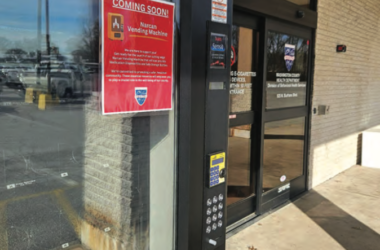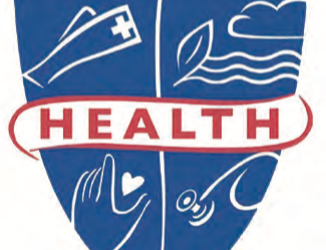Public health officials have already seen an increase in respiratory viruses affecting children and infants this season, and recommend precautions to stem the spread to others.
The Centers for Disease Control and Prevention (CDC) issued a Health Alert for Rhinoviruses (RSV) and Enterovirus (EV) last month, saying doctors and nurses had seen pediatric patients with severe illnesses. RSV and EV are not new respiratory viruses, but appear to be circulating earlier than normal in 2022.
Several pediatric hospitals nationwide are reporting a surge in admissions linked to RSV infections this month.
The CDC said they saw a lower incidence of RSV in the last two years, primarily because of widespread mask-wearing and other COVID-related health precautions. Many of those public health steps have been reduced in 2022.
This fall, however, the illness appears to be producing some more severe symptoms in children and adolescents and leading to hospitalizations around the area.
RSV and EV can appear first as a runny nose, and then progress to include a lower appetite, coughing, sneezing, fever and wheezing. Symptoms can move to pneumonia or bronchiolitis in severe cases, and require hospitalization. Some patients require oxygen or intubation to recover from the lung diease.
West Virginia health officials have said most infections go away on their own within two weeks. If a person had difficulty breathing or shows signs of dehydration, that patient should get medical attention.
RSV is spread through respiratory droplets when an infected person sneezes or coughs.
Members of the public are urged to use health precautions that have been proven to reduce the spread of respiratory illnesses, including:
washing hands often, not touching eyes, nose and mouth, avoiding close contact with anyone showing respiratory symptoms, and staying home if sick.
Masks can be used when ill to prevent the spread of the virus to others, and to reduce contact with others who may be ill.



